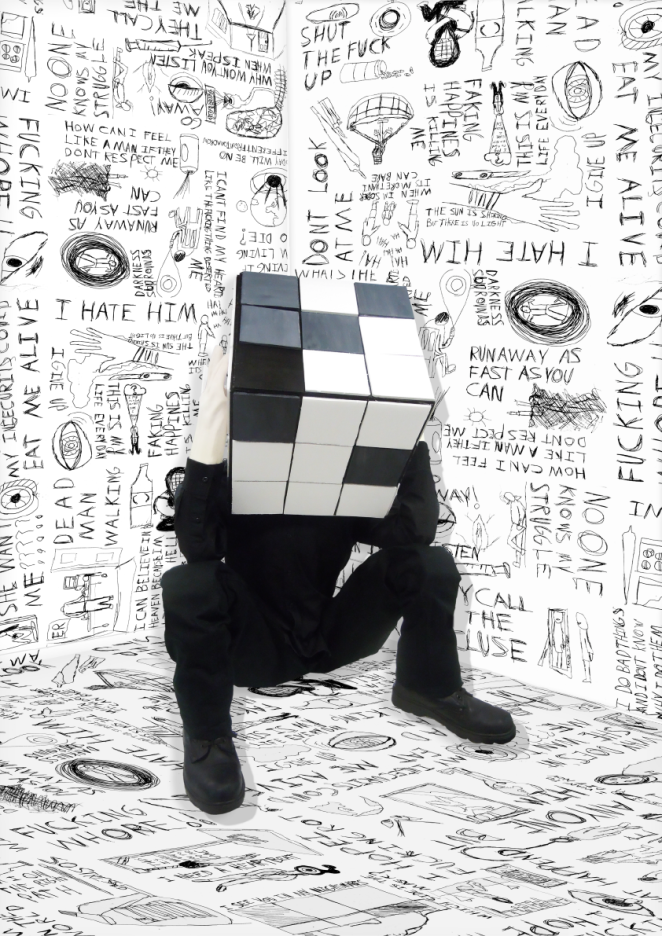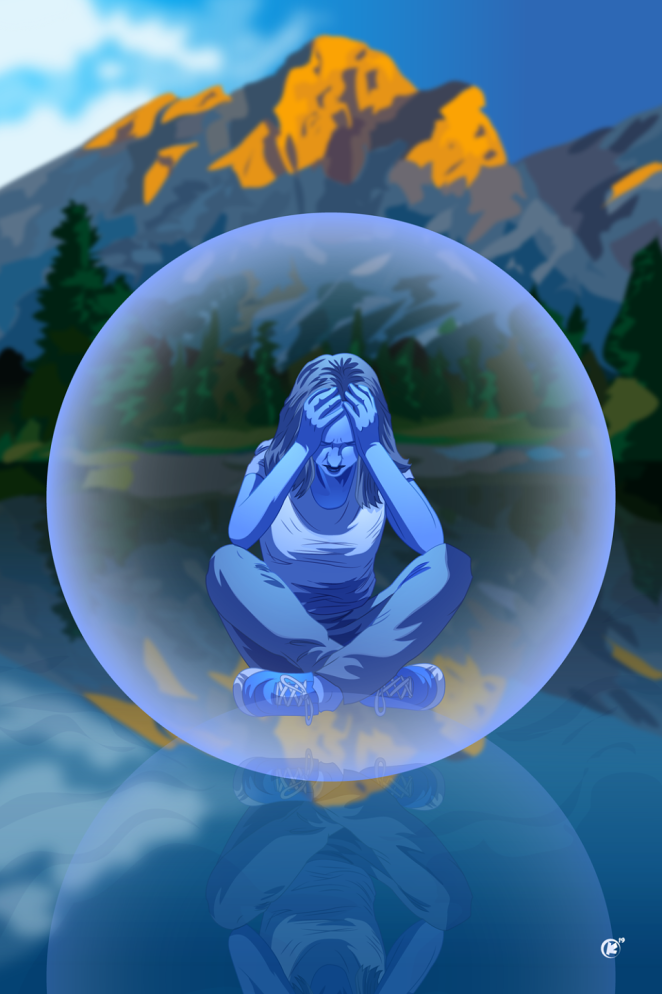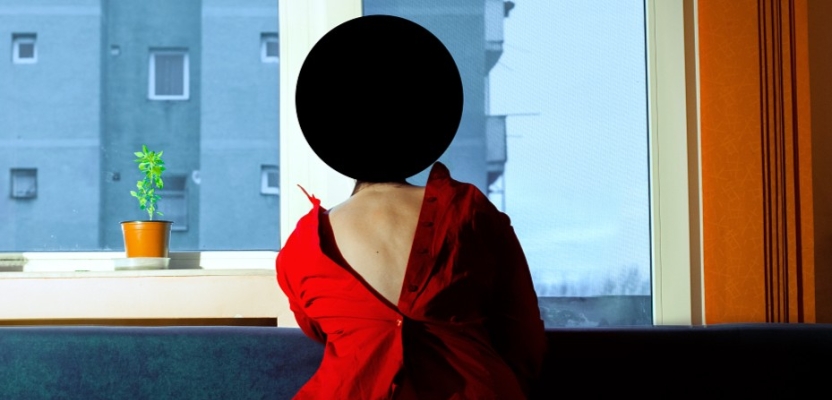For decades, the media has had a way of romanticising mental illness. Whether it’s the tortured musician whose sickness is forever tied to their art or the sexy young teens coping with the suicide of a former classmate (with wonderful lighting, of course), depression, particularly, is a blight that has been painted as almost desirable in many circles.
In the social media era, this has led to a bleak situation where suicidal ideation is being cultivated and shared en masse and suicide rates are skyrocketing. Nowhere is this problem more profound than in the creative industries, where the relationship between depression and creativity has been a topic of much speculation and debate for decades.
But what’s the truth here? Might there be some inherent link between the depths of despair and the heights of artistic brilliance? Or is this age-old notion just a romanticised myth?
The Historical Perspective
Throughout history, numerous artists, poets, musicians, and writers have documented their struggles with mental health. Vincent van Gogh, Virginia Woolf, Sylvia Plath, and Kurt Cobain are just a few names in the long list of creative souls who have battled depression and, in most cases, lost that battle.

Lee Anderson
Their harrowing personal experiences and tragic ends have often been linked to their profound artistic output but how much truth is there behind this potentially damaging perspective?
The Science Behind the Connection
Several studies have explored the potential connection between depression and creativity. Some theories propose that creative individuals may possess cognitive traits or neurological patterns that make them more prone to mood disorders. For instance:
Divergent Thinking: Creative individuals often exhibit a form of thinking called divergent thinking—generating multiple solutions to a single problem. Some studies suggest that this mode of thinking may be more prevalent in those with mood disorders.
Rumination: People with depression often ruminate or obsessively think about their thoughts. This reflective self-focus might fuel the creative process, helping individuals explore deep emotions and abstract concepts.
Brain Connectivity: Research using neuroimaging has shown differences in brain connectivity in creative people and those with depression. While this doesn't imply a direct correlation, it does raise intriguing questions about overlapping neurological pathways.
The Counterargument
However, for every study suggesting a link, there's another refuting it. Some points to consider:
Causation vs. Correlation: Just because many creative individuals suffer from depression doesn’t mean the depression caused their creativity. It's possible that societal pressures and the challenges of pursuing a creative career can lead to mental health issues.
Creativity Without Despair: Many creative individuals lead balanced, happy lives without any major mental health issues. Moreover, it's worth noting that persistent depression can also hinder creativity, sapping energy, motivation, and the ability to think clearly.
Generalising a Complex Issue: Mental health, creativity, and their interplay are deeply personal and multifaceted. Distilling them down to a single narrative or connection oversimplifies both concepts.
Finding the Middle Ground
While it's tempting to romanticise the troubled artist trope because it makes for a good story, it's essential to strike a balance in our understanding to paint a clearer picture and prevent people from glamorising something that couldn’t be less glamorous. It's possible that certain cognitive traits might predispose an individual to both creativity and depression, of course, but it's equally important to remember that these traits will manifest differently in everyone.

Kevin Myers
The relationship between depression and creativity is a complex, nuanced interplay that defies easy categorisation. While there might be overlaps and commonalities in the cognitive and neurological patterns of creative individuals and those with depression, it's crucial to approach this topic with empathy and avoid romanticising or oversimplifying mental health challenges.
The real link may be more about individual experiences than general rules, and as with many things in life, there’s always a spectrum rather than a definitive answer.




